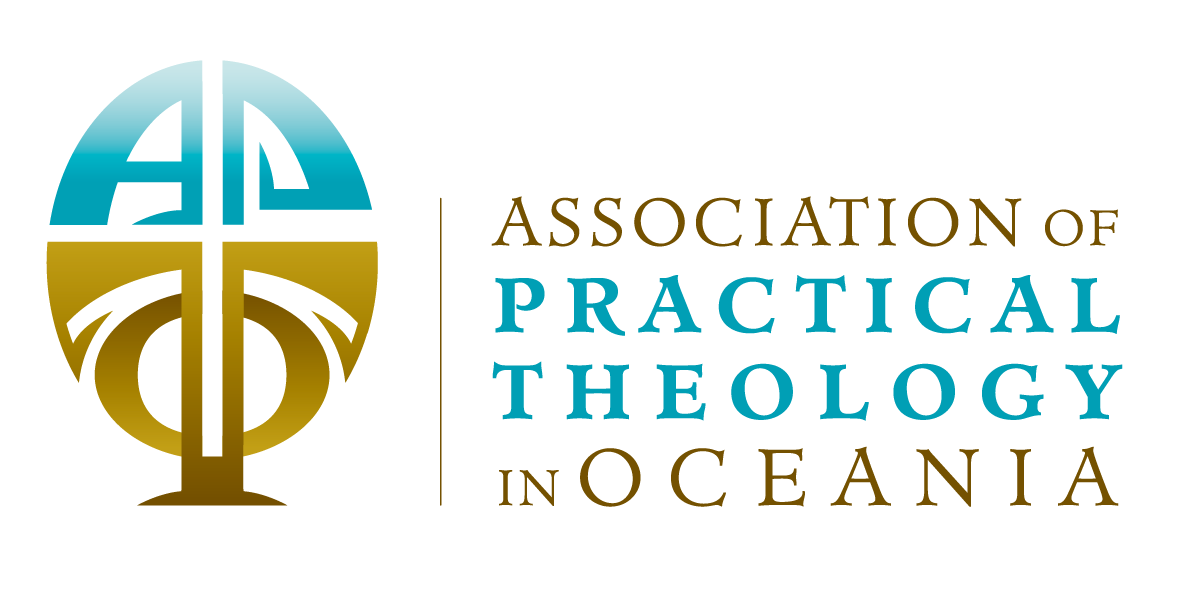

Discussion Time: 11:45am Wednesday 29 November NZDT
Location: F 1.02
Today no issue affects the human family like global warming. Where you live, however, defines the range of justice issues and how people of good will must respond. Consider the issue of climate induced migration. In 2017, the government of Jacinda Ardern considered that an “experimental humanitarian visa” category for Pacific Islanders displaced by climate change was an ethical response. Pacific Island leaders rejected it, however, and asked the government instead to reduce emissions, support adaptation efforts, provide legal migration pathways, and, if all fails, grant refugee status. Like the Pacific Island Warriors, they refused to accept the “drowning islands” paradigm as inevitable, preferring to fight for their culture, their language and their way of life on their island homelands as long as possible. We see here the challenge of social location in how a justice issue is approached. What does this mean for Catholics in New Zealand committed to climate justice? This paper will bring into creative encounter the theological categories of “ecological debt”, “ecological conversion”, and the “ten green commandments” from Laudato si’, with reference to the message of the Pacific Climate Warriors. This will privilege the Pasifika voice and demonstrate the challenge of place in theological discourse. The theological implications of this encounter involve insights from liberation theology (critiques of structural injustice) and political theology (lifestyle changes for a bourgeois middle class church).
The International Organization for Migration (IOM) reports that global migration is increasing, with 'one in 30 persons being migrants' at present. Identity issues, regardless of migrant generations, are one of the challenges in their migrant journey. The first generation has a firm identity based on home country and ethnicity, but it often leads to a sense of marginalization in new contexts. In contrast, the second generation faces an identity crisis because their sense of belonging is not as concrete as that of their parent generations. For a long time, the Old Testament has had a weak connection with migrant's identity problems in a church. The history of Israel in the Old Testament seemed to suggest that salvation was not universal. However, migrants' experiences offer valuable insights when reading the Bible. Viewing Israel’s history from the perspective of migrants can reveal that it is not merely a particular story but a universal one in missional studies. This is because migration is a significant trend, and the history of Israel in the Old Testament can be interpreted as a collection of migration or diaspora stories. The patriarchs themselves were migrants, and the Exodus narrative also represents a migration narrative. Consequently, migrants can be seen as symbolic descendants of Israel, representing the universality of migration. Embracing this alternative view may help reconcile the conflict between Israel’s history and mission in missional studies. This perspective aims to offer meaningful solutions to migrant identity problems in a church.